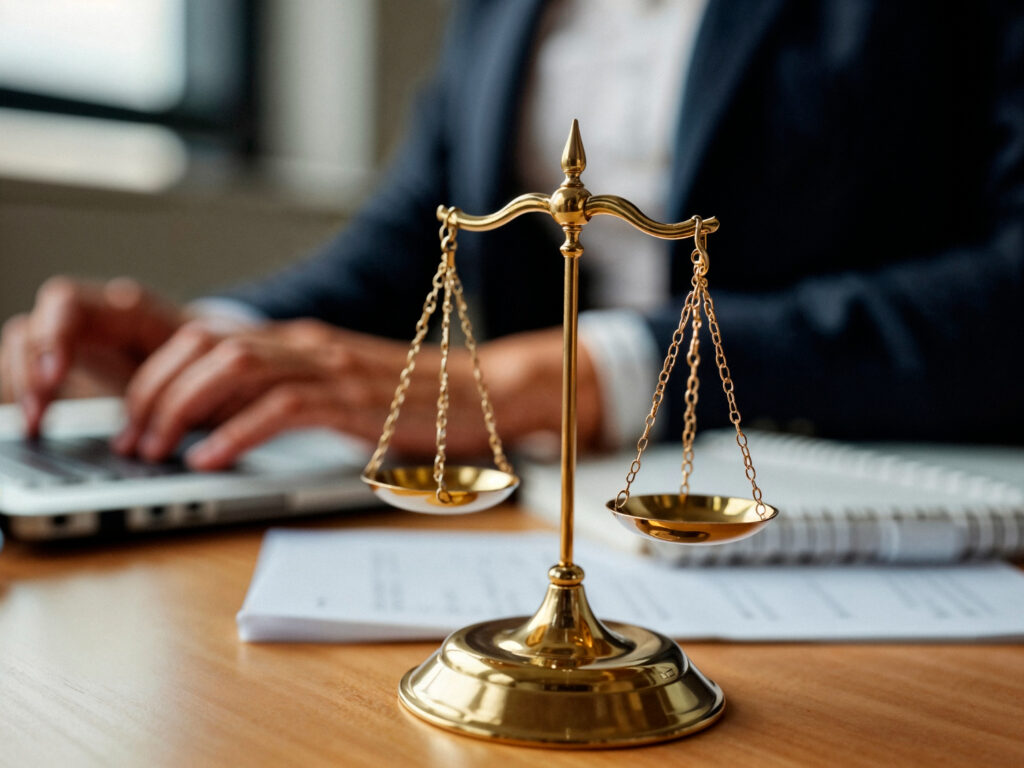Now Reading: How to Build a Compelling Appeal for a Veteran’s Disability Claim
-
01
How to Build a Compelling Appeal for a Veteran’s Disability Claim

How to Build a Compelling Appeal for a Veteran’s Disability Claim
If you are a veteran struggling to get the disability benefits you deserve, don’t give up. You can build a strong case for your claim and increase your chances of being approved. A lawyer can help you understand the requirements of a successful claim and guide you through the appeal process.
Get Help From a Qualified Professional
Many organizations and individuals can help you with your disability claim. Don’t try to go through the process alone. Work with someone who knows the system’s ins and outs and can help you put together a strong case for your benefits. Some organizations that can help you include:
- Disabled American Veterans (DAV)
- Veterans of Foreign Wars (VFW)
- American Legion
- National Veterans Legal Services Program (NVLSP)
Many qualified attorneys specialize in veterans’ disability claims. If you can afford to hire a veterans disability lawyer in Rhode Island, this can be a great way to get the help you need. If you need help finding an organization or attorney, the Department of Veterans Affairs (VA) lists resources on its website. You can also talk to your local VA representative.
Understand the Requirements for a Successful Claim
The first step in building a solid case is understanding the requirements for a successful claim. The VA has specific guidelines that you must meet to be approved for benefits. Please ensure you are familiar with these requirements and can meet them before you start putting together your claim. Some of the requirements for a successful claim include the following:
- You must have a service-connected disability.
- Your disability must be rated at least 30% by the VA.
- You must be able to show that your disability is preventing you from working.
If you don’t meet these requirements, you may still be able to get benefits by proving that your disability is “extra-schedular.” This is a higher standard, but it may be possible if you have a severe disability.
Gather Evidence to Support Your Claim
Once you understand the requirements for a successful claim, you can start gathering evidence to support your case. The more evidence you have, the stronger your lawsuit will be. Some of the things you can use as evidence include:
- Medical records
- Test results
- Witness statements
- Employment records
- Personal statements
If you don’t have all of this evidence, don’t worry. Your attorney can help you get the necessary records and proof.
Stay up to Date on the Status of Your Claim
Once you have submitted your claim, it can take months or even years for a decision to be made. It is essential to stay up to date on the status of your claim so that you can make sure that it is being processed promptly. You can check the status of your claim online or by calling the VA.
If you see that your claim is taking longer than it should, don’t be afraid to reach out to your local VA representative and ask what is taking so long. They may be able to give you an update on the status of your claim and let you know what you can do to speed up the process.
Be Prepared for the Appeals Process
You have the right to appeal the decision if your claim is denied. The appeals process can be long and complicated, but knowing that you have this option is crucial. There are three levels of appeal:
- The Board of Veterans’ Appeals (BVA)
- The Court of Appeals for Veterans Claims (CAVC)
- The United States Court of Appeals for the Federal Circuit
If you are denied at the BVA, you can appeal to the CAVC. You can appeal to the Federal Circuit if you are denied at the CAVC. Each level of appeal takes time, so it is essential to be patient and keep fighting.
Seek Legal Help
A disability claim can be a long and challenging process, but there are things that you can do to increase your chances of success. Working with an attorney can help minimize any errors on your side and thus speed up the process. Also, you have a higher chance of building a successful appeal for benefits.
About the author:
Irma C. Dengler
With a BA in communications and paralegal experience, Irma C. Dengler decided to make the best of her writing skills. She decided to turn complicated legal matters into something more
palatable for the masses. Therefore, Irma became a law communicator who writes about everyday problems so everyone can understand them and take the appropriate action. She specialized in personal injury cases, as they are more common than anyone thinks, but her areas of expertise also include civil law, criminal law, insurance-related issues, and more.











